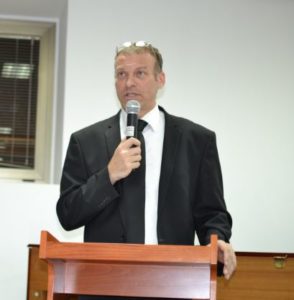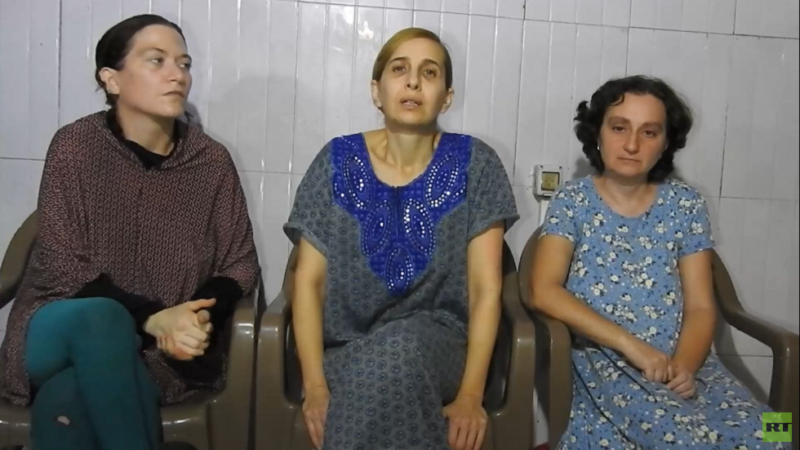
כך אמר לאחרונה שופט העליון בארה"ב, אנתוני סקלייה. סקלייה מסביר כי תפקידו של בית המשפט אינו לראות דרך החוק את מה שהוא חושב שנכון, אלא לראות מה החוק אומר שנכון.
הוא מבקר בהקשר הזה את בית המשפט בו הוא חבר, אך אומר כי אם הוא רוצה לראות שבית המשפט העליון האמריקני לא כזה רע בהסתכלות הזו, הוא מעיין בפסקי הדין של בית המשפט העליון הישראלי.
העמדה הזו של השופט אנתוני סקלייה היא חשובה בפני עצמה, נראה כי גם בקרב העליון האמריקני יש חולקים על תפיסתו המתנגדת נחרצות לאקטביזם השיפוטי, ומחלוקות בהקשר הזה בין שופטים הן דבר טבעי.
רק כאן, בבית המשפט העליון שלנו לא מצאנו שופט שרואה את האקטביזם השיפוטי כבעיה. היה ניתן לצפות שבית משפט שמייצג ציבור במדינה כל כך רב גונית יכיל בתוכו גם שופטים בעלי דעות כמו סקולה. אך אין כזה אצלנו.
כשמישהו יגיד ששופטי בג"ץ מייצגים את הציבור וערכיו, והעליון לא עשוי עור אחד, תיזכרו שאצלנו נעדרים שופטים בעלי דעה כל כך לגיטימית כמו סקלייה.
http://www.newsdesk-israel.com/%D7%A9%D7%95%D7%A4%D7%98-%D7%94%D7%A2%D7%9C%D7%99%D7%95%D7%9F-%D7%91%D7%90%D7%A8%D7%94%D7%91-%D7%9B%D7%A9%D7%90%D7%A0%D7%99-%D7%A8%D7%95%D7%A6%D7%94-%D7%9C%D7%95%D7%95%D7%93%D7%90-%D7%A9%D7%91/
המקור:
Not dumping on anyone’s living tree: Scalia visits UK

Last week’s decision of the United States Supreme Court in Obergefell v Hodges has been lauded across the world as a quantum leap for equality and human rights – “a victory for America”, according to President Obama. The Court held by a 5-4 majority that, pursuant to the 14th Amendment, same-sex couples across the United States have a constitutional right to marry. You can read my colleague Matthew Flinn’s analysis of the ruling here.
‘Cross-sterilisation’
It was pointed out by Professor Tomkins that, as an originalist, Scalia finds himself in a judicial minority, not only on his own court, where only Justice Thomas shares his approach, but also when one looks at other constitutional courts around the world. It was suggested that international judicial dialogue might present an opportunity for the cross-fertilisation of ideas.
Scalia didn’t think so, referring to the process as “cross-sterilisation”. He sees himself as an American judge who applies the American constitution. He never cites foreign law, apart from “very old” English cases, and only reads foreign judgments – of the Supreme Court of Israel, for example – “when I want to be really shocked, when I want to see that my court is not really so bad after all.” On his exchanges with UK judges he said “I don’t think we have a whole lot to teach each other. I like meeting with your Lord Justices but I can’t say I’ve learned anything.” He continued:
If I’m [Justice] Stephen Breyer and I’m writing the Constitution then of course I would consult with these people. But I’m not writing one – I’m reading one, and your Justices are not going to help me on that question… If my job is to revise the Constitution and keep it up-to-date, then of course – the world is my oyster.







